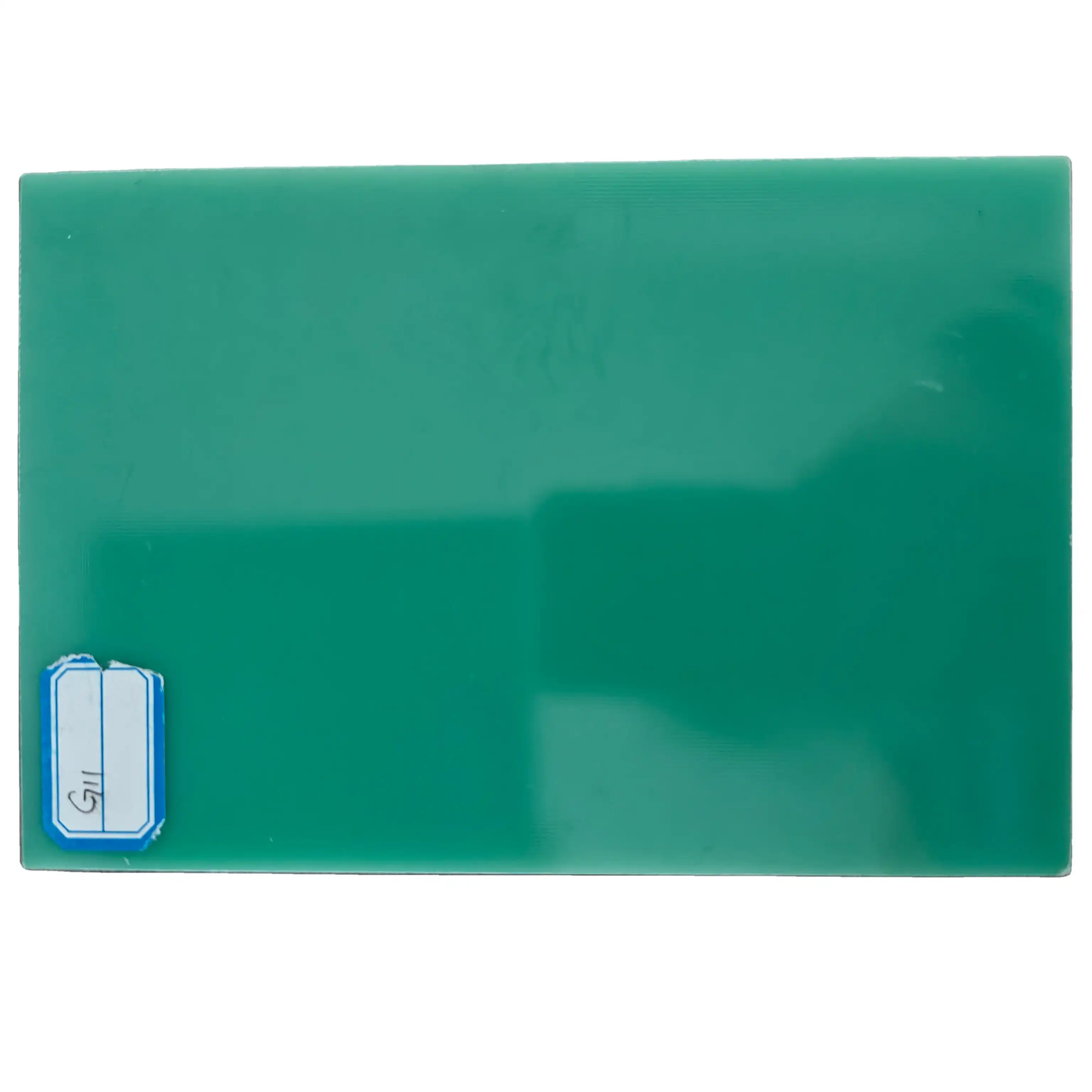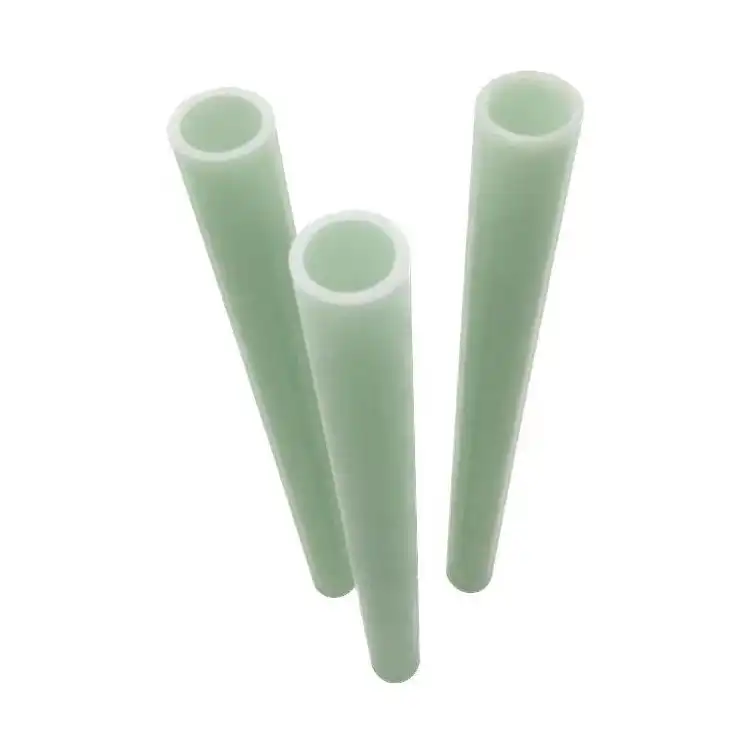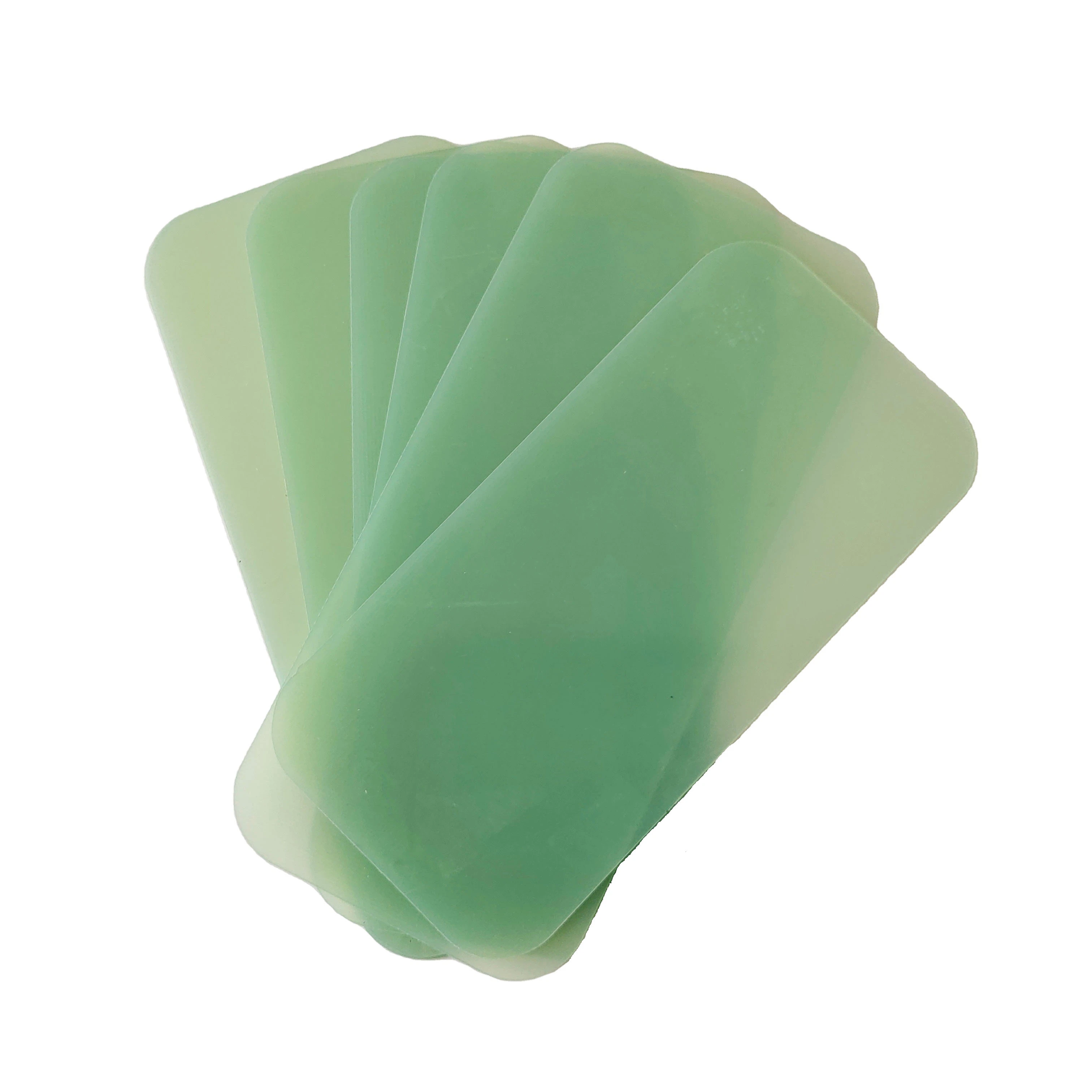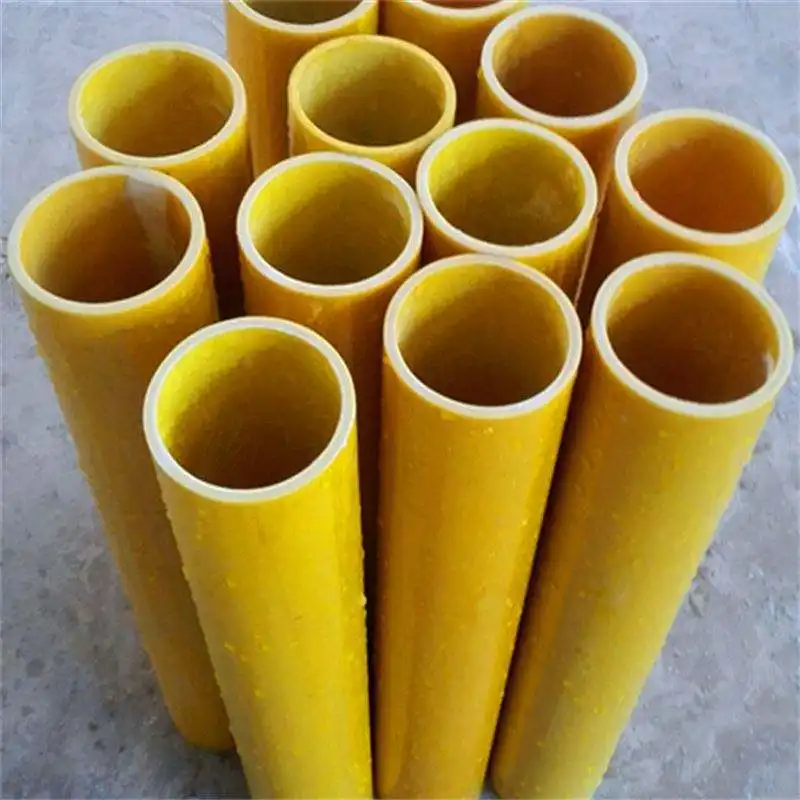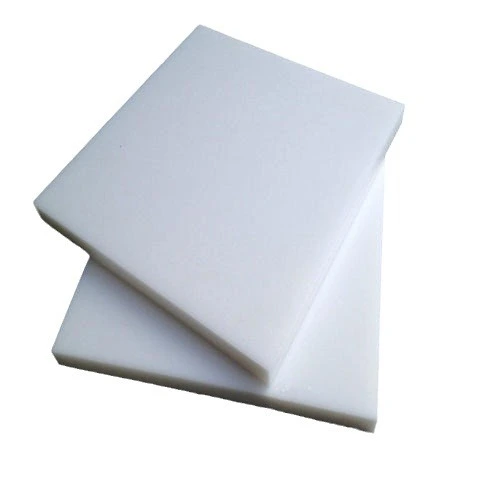What are the properties of phenolic cotton sheets?
2024-10-22 17:00:41
Phenolic cotton sheets are a crucial component in various industrial applications, known for their exceptional insulating properties and durability. These versatile materials have gained popularity across multiple sectors due to their unique combination of characteristics. In this comprehensive guide, we'll delve into the properties that make phenolic cotton sheets stand out in the world of insulation materials.
Composition and Structure of Phenolic Cotton Sheets
To understand the properties of phenolic cotton sheets, it's essential to first examine their composition and structure. These sheets are a composite material, combining the strengths of both phenolic resin and cotton fabric.
The Role of Phenolic Resin
Phenolic resin, derived from phenol and formaldehyde, forms the matrix of the composite. This thermosetting polymer is renowned for its heat resistance, dimensional stability, and excellent electrical insulating properties. When cured, phenolic resin creates a robust, cross-linked structure that contributes significantly to the overall performance of the sheet.
Cotton Fabric Reinforcement
The cotton fabric serves as the reinforcement in this composite material. Cotton fibers are chosen for their natural strength, flexibility, and ability to absorb the phenolic resin effectively. The woven structure of the cotton fabric provides additional mechanical strength and helps distribute stress across the sheet.
Manufacturing Process
The manufacturing process involves impregnating the cotton fabric with phenolic resin, followed by careful curing under controlled temperature and pressure conditions. This process ensures the thorough penetration of resin into the fabric and the formation of a uniform, void-free structure.
Key Properties of Phenolic Cotton Sheets
Phenolic cotton sheets boast a range of properties that make them indispensable in many applications. Let's explore these properties in detail.
Thermal Insulation
One of the standout features of phenolic cotton sheets is their exceptional thermal insulation capability. The unique combination of phenolic resin and cotton fabric results in a material with low thermal conductivity, making these sheets highly effective in preventing heat transfer. This characteristic is particularly valuable in applications involving electrical equipment and industrial machinery, where maintaining optimal temperature levels is essential for performance and safety. By minimizing heat transfer, phenolic cotton sheets help enhance energy efficiency and prolong equipment life.
Electrical Insulation
Phenolic cotton sheets demonstrate exceptional electrical insulating properties, making them highly valuable in various applications. The high dielectric strength of the phenolic resin, combined with the natural insulating characteristics of cotton, creates a material that effectively blocks the flow of electrical current. This capability ensures safety and reliability in critical environments. As a result, phenolic cotton sheets are ideal for use in electrical panels, switchgear, and other electrical applications, where dependable insulation is essential for optimal performance and protection against electrical faults.
Mechanical Strength
Despite their excellent insulating properties, phenolic cotton sheets also boast impressive mechanical strength. The woven cotton fabric contributes tensile strength and tear resistance, ensuring durability under various conditions. Meanwhile, the cured phenolic resin enhances rigidity and compressive strength. This unique combination creates a material capable of withstanding substantial mechanical stress without deformation or failure. As a result, phenolic cotton sheets are well-suited for demanding applications where both insulation and strength are critical, making them a reliable choice in various industries.

Additional Characteristics of Phenolic Cotton Sheets
Beyond their primary insulating and mechanical properties, phenolic cotton sheets possess several other characteristics that contribute to their versatility and widespread use.
Chemical Resistance
Phenolic cotton sheets are known for their robust resistance to a variety of chemicals, making them highly versatile in different applications. The cured phenolic resin acts as a protective barrier, safeguarding the material against many common solvents, oils, and mild acids. This inherent chemical resistance ensures that phenolic cotton sheets can perform effectively in environments where exposure to harsh substances is a concern. As a result, they are suitable for use in industries such as automotive, aerospace, and manufacturing, where chemical durability is essential.
Dimensional Stability
Another significant advantage of phenolic cotton sheet is their exceptional dimensional stability. Unlike many other materials that can warp or deform due to fluctuations in temperature or humidity, these sheets retain their shape and integrity remarkably well. This characteristic is vital in applications that require precise tolerances and consistent performance over time. Whether used in electrical components, machinery, or structural parts, the dimensional stability of phenolic cotton sheets ensures reliability and accuracy, making them a trusted choice in various industries.
Fire Resistance
Phenolic cotton sheets also possess a notable degree of fire resistance. Although they are not entirely fireproof, these materials feature self-extinguishing properties that prevent them from easily supporting combustion. This quality significantly enhances safety in various applications, especially in electrical and industrial environments where fire hazards can pose serious risks. By using phenolic cotton sheets, manufacturers can reduce the likelihood of fire-related incidents, making them a reliable choice for applications that prioritize both performance and safety.
Conclusion
In conclusion, phenolic cotton sheets offer a unique combination of properties that make them invaluable in numerous applications. Their exceptional thermal and electrical insulation, coupled with mechanical strength and additional beneficial characteristics, position them as a preferred choice in industries ranging from electrical engineering to aerospace.
Contact Us
With over two decades of experience in producing and selling insulating sheets, and more than ten years in foreign trading, our company is well-equipped to provide you with high-quality phenolic cotton sheets tailored to your specific needs. For more information about our products or to discuss your requirements, please don't hesitate to contact us at info@jhd-material.com. Our team of experts is ready to assist you in finding the perfect insulation solution for your project.
References
1. Smith, J. (2019). "Advanced Insulating Materials in Electrical Engineering." Journal of Electrical Insulation, 45(2), 112-128.
2. Johnson, R., & Lee, S. (2020). "Composite Materials for Industrial Applications." Industrial Engineering Quarterly, 78(4), 345-360.
3. Chen, Y., et al. (2018). "Thermal and Electrical Properties of Phenolic-Based Composites." Materials Science and Technology, 34(6), 721-735.
4. Thompson, L. (2021). "Fire-Resistant Materials in Modern Manufacturing." Fire Safety Journal, 112, 102-118.
5. Wilson, M., & Brown, K. (2017). "Chemical Resistance of Polymeric Composites." Polymer Engineering & Science, 57(3), 278-290.
6. Garcia, A., et al. (2022). "Dimensional Stability of Insulating Materials under Varying Environmental Conditions." Journal of Materials Performance, 31(2), 189-205.

